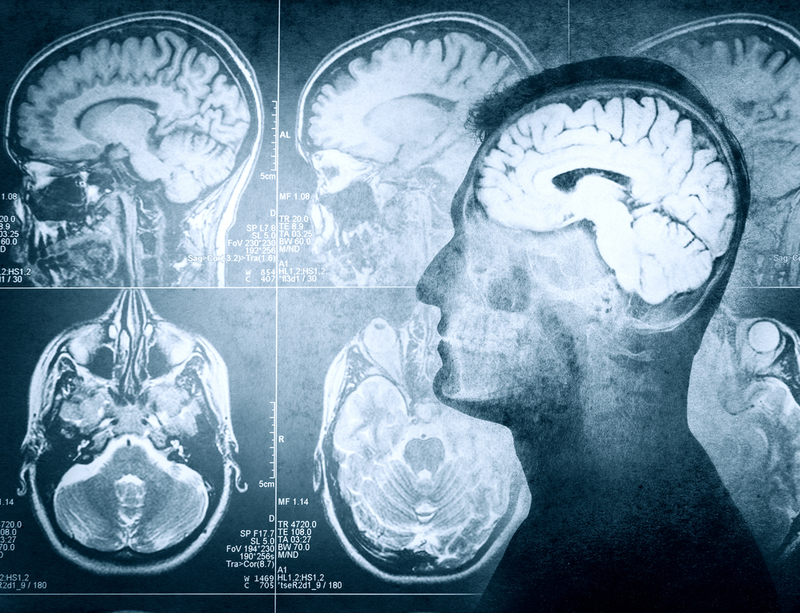US scientists discover link between brain activity, mood disorders
IANS Nov 12, 2018
US scientists at the University of California San Francisco (UCSF) have found a new pattern of brain activity that may help develop new therapies in the future to treat mood disorders like depression.

Most human brain research on mood disorders has relied on studies in which participants lie in a functional magnetic resonance imaging (fMRI) scanner and look at upsetting images or listen to sad stories, reports Xinhua news agency. However, the scientists from UCSF Weill Institute for Neurosciences recruited 21 patient volunteers with epilepsy who had had 40 to 70 electrodes implanted on the brain's surface and in deeper structures of the brain to record brain activities for seven to 10 days.
By using computational algorithms, they matched patterns of brain activity to changes in the patients' reported mood and analyzed the recordings of brain activity in each patient to identify so-called intrinsic coherence networks (ICNs), which are groups of brain regions where their activity patterns fluctuate at a common frequency.
The researchers found that changes in the activity of the brain network were highly linked to day-to-day bouts of low or depressed mood. The mood-related network was characterized by beta waves in the hippocampus and amygdala, two deep brain regions that have long been correlated with memory and negative emotion respectively.
The researchers were able to identify a single signal that explained almost completely bouts of depressed mood in the patients involved in the experiment. The discovery suggests that interactions between the amygdala and hippocampus might be linked to recalling emotional memories, and such activities were most evident in people with high levels of anxiety, whose mood might then be subject to the impact of recalling emotion-laden memories, said UCSF neuroscientist Vikaas Sohal.
The finding of such a powerfully informative biomarker may help scientists develop new therapies to treat mood-related disease such as depression in the future. The results of the UCSF research appeared in journal Cell published earlier this week.
-
Exclusive Write-ups & Webinars by KOLs
-
Daily Quiz by specialty
-
Paid Market Research Surveys
-
Case discussions, News & Journals' summaries